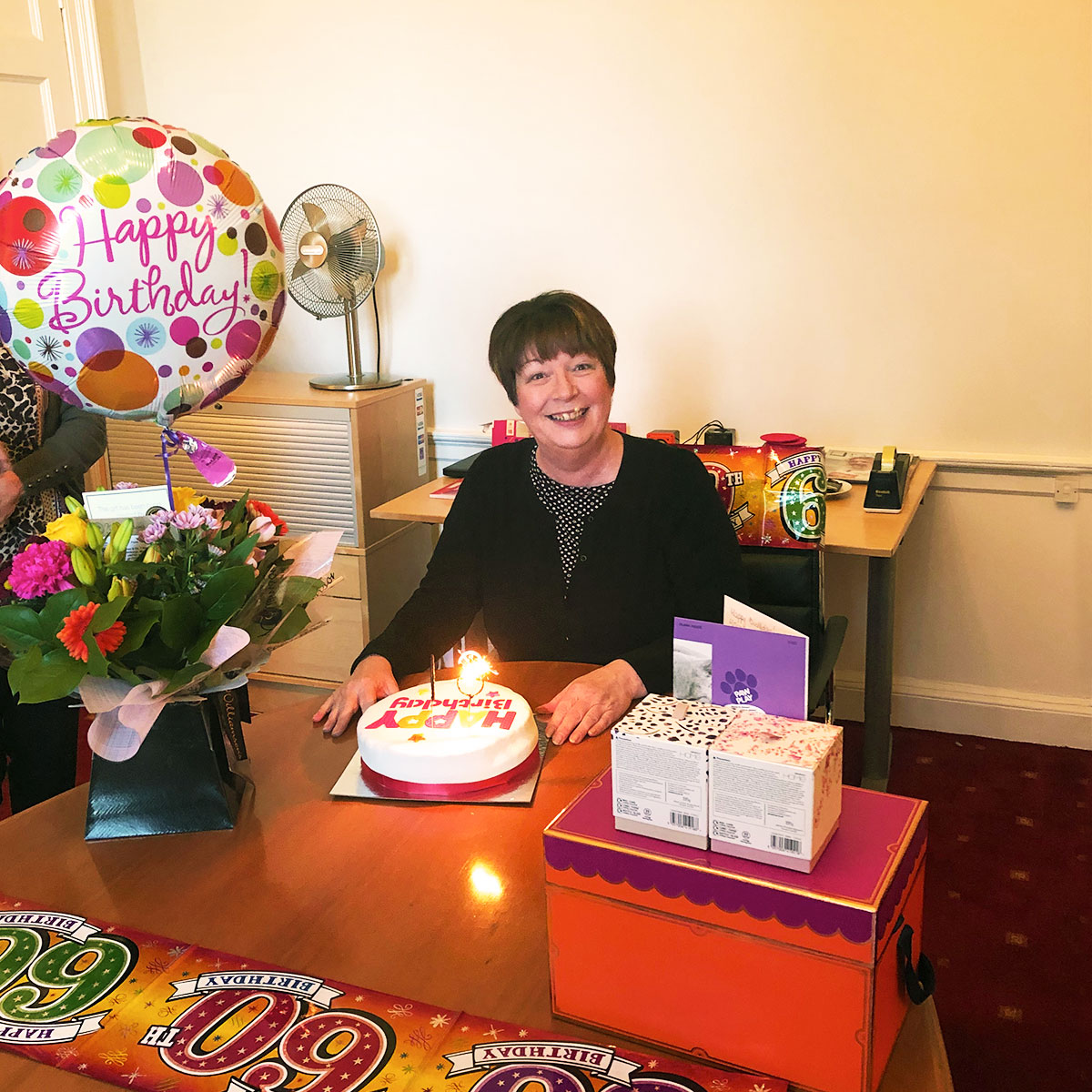Football Agent Tax Scrutiny and the Revenue’s Fraud Office Investigation
Football clubs are increasingly under scrutiny for the paying arrangements to agents and the latest one in such trouble is a famous London club.
HMRC are currently looking into the financial affairs of 44 English league clubs, over 200 players, and 31 agents and that is just the tip of the iceberg as attention is now turning to Scottish clubs too.
The London club were raided last year and, in common with many smaller businesses when the taxman comes knocking on the door, appear to have panicked when voluntarily handing over various documents including a cache of millions of emails.
HMRC appear to be continuing their investigation and perhaps prematurely the club filed a high court claim last month demanding the return or destruction of the cache of emails. The club lost the action.
From what I can deduce, the club naively hoped that lodging such an action would deflect the taxmen from certain aspects of their investigation. They perhaps believed that somehow the high court would sympathise with them and have the emails returned. Naturally this action only served to make the Revenue more suspicious and it makes one wonder what sort of advisors large organisations usually rely upon.
In such cases, where a fraud investigation has commenced or a “fishing expedition” has begun, as is sometimes the case with unauthorised visits, there are two vital points to consider and this goes for any business under suspicion or investigation.
Firstly, ensure that whatever warrant card or means of ID has been shown is legitimate, and then if so ensure that any Notice of Inspection is read thoroughly before proceeding.
It is usually the case that, even if policemen are accompanying the inspecting officer, the person presented with the notice can refuse to allow entry into their premises.
The visiting officer will then normally agree to postpone the visit until a tax advisor or lawyer is present.
If refusal of entry is again denied HMRC will go to the First Tier Tribunal and will later return with a different kind of notice or simply agree with the accountant or tax advisor to carry out an inspection at a later date.
At that time the person under suspicion would want to have a specialist advisor on hand.
The second thing not to do when an unannounced visit takes place is panic and start any meaningful kind of conversation, even if you are one hundred percent sure that your affairs are squeaky clean.
Such notices will normally be under Paragraph 10, Schedule 36 of the Finance Act 2008.
A polite explanation that you understand they have a job to do but that you are actually very busy and would be fine about them returning at a later date when you will have your advisor present is all that should be said.
If you would like to discuss the issues in the article feel free to get in touch. Please note that we occasionally open up comments on articles that are likely to provoke a healthy discussion.
- HMRC Investigate Fraudulent Job Retention Scheme Claims - June 17, 2020
- Worldwide Disclosure – HMRC and Living Overseas - May 21, 2019
- UK Tax Loan Scheme for Pilots Still Up in the Air - March 20, 2019
Ricky worked as an Investigator in the Inland Revenue for over 20 years before founding Steedman & Company in 1987, giving him the experience and knowledge that enabled him to help so many clients over the years.
His appearance on a Channel 4 television programme about the inside workings of Revenue and Customs was watched by 4.1m which sealed his status as one of the most highly respected tax consultants to ever work in Scotland.
Ricky led all tax investigation and COP 9 cases, using his extensive knowledge to help people reach a positive resolution to their situation.
Ricky passed away suddenly and unexpectedly in June 2022 after leaving his indelible mark on the company he founded and headed for over 35 years.








